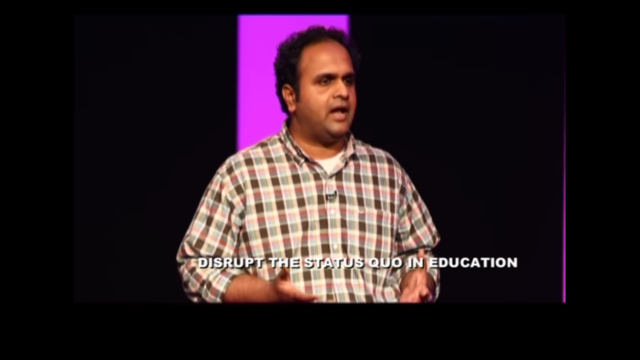“60% of the content on the net is in English. Less than 1% content is in Indian regional language.”
This line by Pranik Naik in the video below is, extremely true and the thing is, this is not something very unknown or a new fact that is coming to light.
Perhaps the digital angle is new, however, India has always been known to equate intelligence and capability with how much English a person knows.
God forbid that you speak in Hindi or any other regional language and instantly, in that second you can actually see the judgment in the other person’s eyes and them thinking- ooh, this is that kind of person.
Even after being from a metro city, studying in an English medium school, if I speak in Hindi at an upscale event then my god, the looks I get. As if I had done the most embarrassing thing and should be apologizing for it. Not the best feeling let me tell you, my friends.
So just imagine how it must be for someone coming from a remote or rural area, where English is not that well known and even if taught, then the process is extremely broken and not correct at all.
Pranik Naik’s LeapForWord Organisation
While browsing the net, I came across the 100 Pipers initiative of The Good Crusaders, where on YouTube I found several talks by some really impressive people and how they are trying to bring about a difference in various fields across genres.
Whether it be science, wildlife, youth, school and education and more, there are probably talks on each important topic that we are experiencing difficulty with, in today’s time.
I believe that this is a very good initiative as the speakers I found, after watching a couple of those videos, were articulate, factual and trying to shed light on some very important topics that many of us neglect or dismiss as not something we can do anything about.
In this video, Pranik Naik talks about as many as 200 million kids who are studying in rural govt. schools who have no other option or privilege except to learn English from their govt. appointed teachers, who themselves know very broken and wrong English.
To combat this, Naik’s organization LeapForWord has devised a unique way by which English is being taught in the student’s mother tongue.
Yes. And Naik has proven that this can be done.
By making it similar to mathematics, meaning making it rule based, it prevents the teacher’s from going wrong and can be taught in a multitude of languages.
But How Exactly Can You Teach English In Another Language?
Well, it might seem a bit confusing and even impossible when first looked at, but Naik’s organization has over the years worked through several iterations and rules which would then translate English into any Indian regional language and vice versa.
There is also the structured program called the English Literacy Program designed specifically for kids coming from regional language backgrounds.
I would really urge you all to watch the video and hear exactly what strides are they making and what all different projects they have going on.
But see, the thing is LeapForWord is not just about teaching English, it is also working towards taking the unemployed youth, who though ready to work but are rejected from good jobs because of not knowing English, to become self-sustainable and make a change in their community.
Basically, the reality is that no matter how much we might crib and debate about whether English is important or not, the corporate sector or employers are still giving it quite a bit of weight and it can affect the impression you make on a potential employer.
At the same time, many rural and remote area students are hesitant to learn English because frankly, they don’t understand the grammar and logistics behind it.
Pranik Naik’s initiative strives to make it easier for the students to grasp the complicated rules of English in a language that they can understand, that is, their native language.
Which will automatically raise the chances of that person having better chances at success.
Signing off I would like to say that, India has a lot of manpower but an extremely crappy way to handle it. Initiatives like these and more that work towards gathering the youth of the country and putting them to a better use are more than welcome according to me.
Image Credits: Google Images
Other Recommendations:
http://edtimes.in/2015/12/rape-victims-sex-workers/
http://edtimes.in/2017/01/flipped-should-we-take-offensive-comedy-seriously/


































